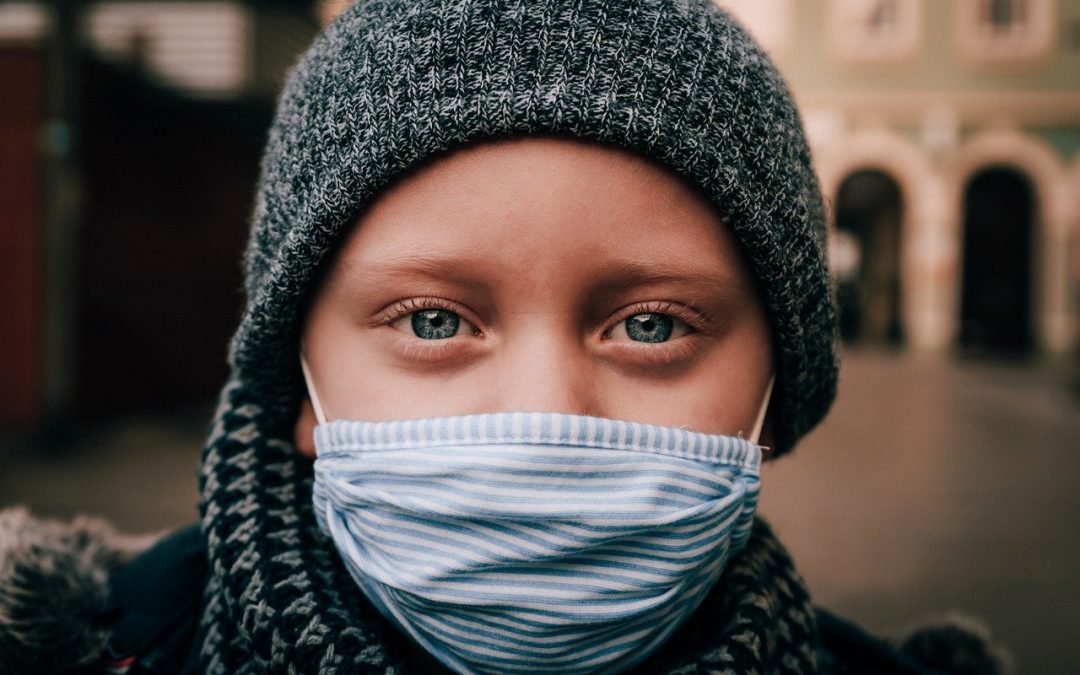How has being quarantine impacted individuals around the world? Depression is up, drug use is up, alcoholism is up, obesity is up; the list can go on. Psychologically speaking, everyone has experienced some type of mental trauma due to COVID-19. 53+% of people (in China) who were surveyed believe that that the psychological impact of the lockdown(s) was “moderate to severe,” (https:/doi.org/10.3390/ijerph17051729). It may be assumed that people are somewhat used to having a limited lifestyle and being contained within the walls of their homes more now than ever before. Here in the United States, it’s been roughly 11 months at the time of this writing since lockdowns and closures were imposed. This period has given us as humans, limited social interaction, and being social is a skill, that many will have to relearn. This will create additional stressors for individuals, as will weight loss, abstention from alcohol, etc. Each person should be open to honestly assessing their own wellbeing and plan on reemerging from their nest into the public eye beyond their weekly trip to the grocery store or gas station, especially if you have been in a state with severe lockdowns.
Stressors of Emerging from Hibernation
While everyone will likely be excited to get out, travel, and move about once vaccinations are given, and restrictions are eventually lifted, there will also be subconscious stress. Getting out again and socializing is an additional change to what you have been used to, and if you haven’t been overly social in the last year, you may have to “learn” how to do it all over again. This is especially true if you are in destinations that have more people than you are likely used to over the last year (Times Square, a mall, crowded restaurant, etc), or if there are more people on the road while driving than you are used to. It’s reasonable that you may not be comfortable with all of it in the early stages of emerging from your living room…
The Old Normal
As life gets back to the “old normal” some may face a clear feeling of uneasiness more often than they might hope for. If you didn’t already work from home before COVID-19 began, being home all the time was likely a bit of a shock to your system. Conversely, getting back to the old normal could be just as much as a shock, or even more of a shock due to the “in your face” activity you’re no longer used to that you may experience leaving your home, getting in the car, and going to work again each day. Let’s take a look at a few items:
Routine
You’ve likely slept in a bit longer over the last year and may have had a lower sense of urgency getting to work because your work commute goes from the bedroom to the kitchen to the home office, kitchen table, island, or dining room table. It’s been great in some respect because there’s literally no rush unless you have that 8:00 a.m. conference call where you have to have your hair done and business casual clothing to meet with your boss and/or clients.
Heading back to an office adds an additional layer of stressors, deadlines, tasks back in your day. If you’ve gained a little weight your work clothes may no longer fit, it adds at least an hour or three that you didn’t have to contend with while in quarantine at home while working, etc.
Getting Out the Door and to Work
If you have to drive to work and you are in traffic, we urge you to put something on the radio you are comfortable with that is going to keep you calm and relaxed. This is especially true if you’ve been off the road for any length of time, and you’re kickstarting your work commute again. Please also be aware of your surroundings when in the car and pay particular attention…
If commuting by train or bus, bring a book, music, or anything else “appropriate” to keep your mind calm and focused on something else during the crowded commute… If you don’t bring something to occupy your mind, you may experience some claustrophobia, anxiety, shortness of breath, etc. Preplanning is the key to a calm and successful commute.
In The Office… At Work…
People walking around. People talking. Phones ringing. Email chiming. Cell phones dinging with text messages. It can be a lot to handle at your cubicle after being home and working in a silo for almost a year. You may love it, or you may despise it. All this stimulus can be overwhelming… Additionally, your likely hyper-vigilant about hygiene now because every day for a year the talking heads on the TV told you to be that way, so whenever your cubicle mate sneezes you jump and want to sanitize. This isn’t necessarily a bad thing, but I believe we’ve all likely been touched by a bit of PTSD due to the COVID-19 pandemic.
You’ll get a handle on this eventually, assuming all stays well. But one thing is for sure, things have changed and protocols at work will likely change as well, and we’ll have to adapt, as we deal with the stress of going back to the office and dealing with a changing business environment, likely forever.
Returning to Life as We Knew It.
Once our nation and its people have been vaccinated, should they choose to take it, and the lockdown restrictions are lifted, people will be out and about. However, your old way of life (the lockdown life) has new habits and engrained traits into your personality, whatever they are, for better or worse. Decide what you want to change and what you want to keep. And those habits you wish to change, start doing so gradually. Maybe you gained a little weight during lockdown… Start walking or spending 15 – 20 minutes at the gym to ease yourself into a new habit.
One thing we know, though as well: Some restrictions will be converted to permanent guidelines or rules. You may not want to comply with them because of your sense of newfound freedom, but you should slow down, breathe, and think about it before defying any of them, as there may be adverse legal consequences. Or worse, you may inadvertently spread a new strain of COVID-19 by not complying with the rules and regulations, and with everything you’ve already been through, we’re pretty sure you don’t want that to be an additional stressor.
I have a saying that I use pretty often to help justify my actions, inaction, or to craft a narrative. “I only worry about what I can control, everything else that is out of my control, is secondary.” This saves me a lot of stress in my life, as it allows me to stay grounded and think through situations with some certainty to the objective, direction, strategy, or tactics that I wish to employ. Put simply I have lower anxiety.
While I (we) are not psychologists, the mental trauma of the Covid-19 has impacted people more than we know, in ways we’ll only understand in the future. As you return to life as we knew it, just remember, some things will be permanently changed, and we may have to live within boundaries that were not there before 2020 started.
If you would like a no-obligation discussion to understand in more detail what your health insurance options are, then give us a call today or email us at memberservices@vivna.net. We’re standing by to serve you and get you all the information you deserve to know about the healthcare plan(s) that can protect you and/or your family. Call us today at 866.793.2301.

